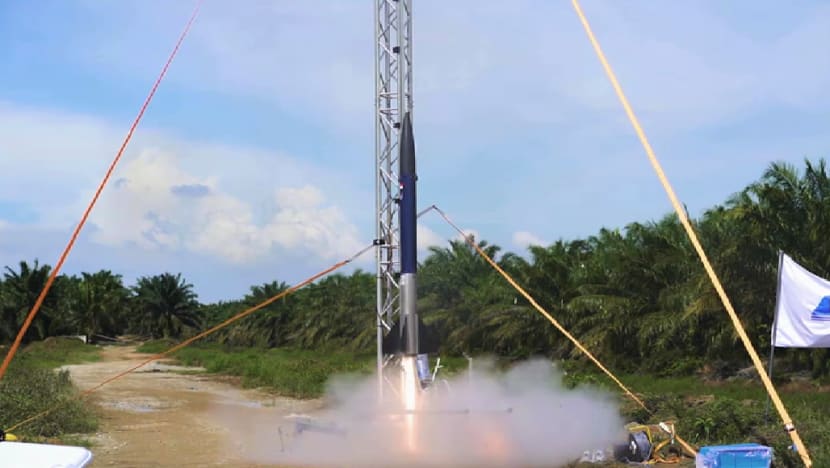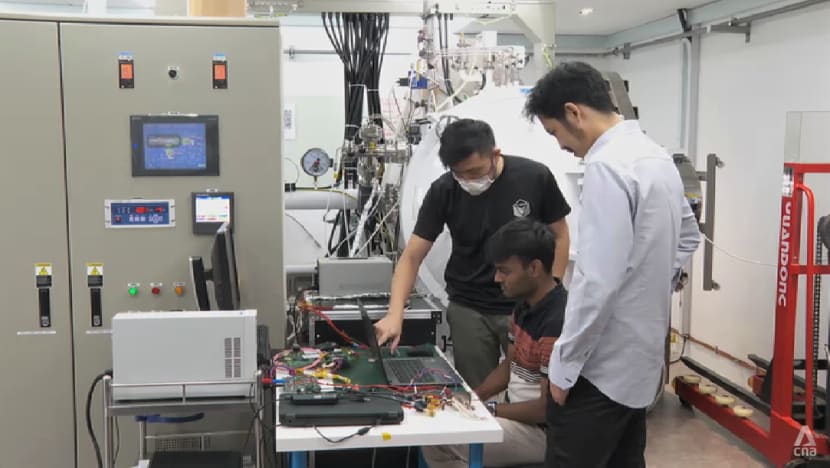In 2022, Singapore announced that it will be investing S$150 million (US$111 million) to help firms research and develop the country’s space capabilities.
EnterpriseSG is also seeing increasing private sector interest and funding into the space tech industry.
SECTOR SET TO GROW
Local space tech start-up Equatorial Space Systems, which was founded in 2017, has managed to raise some US$2.6 million in funding to develop hybrid rockets that are non-explosive.
“We have witnessed a resilient interest in space tech, far more resilient than to more fluctuating industries,” said Equatorial Space founder Simon Gwozdz.
“I think more investors, including commercial investors, who have never previously looked seriously at space technologies are seeing that (the space scene) is here to stay and it’s here to grow relentlessly.”
However, the company has been sending the rockets elsewhere for testing, due to space constraints in Singapore.
“Singapore is spatially compact, and it's difficult to find places for testing of our systems. So for that reason, we have to maintain presence in a couple of different countries internationally, where we can quite literally find more space,” said Mr Gwozdz.
“However, we have seen strong support from the government (and) there is an interest in what we are working on.
“And commercial space is booming in general in Singapore, so we find ourselves in a very fertile ground to scale and grow.”





